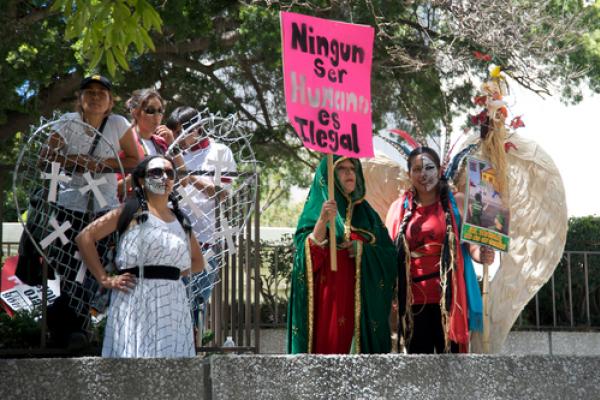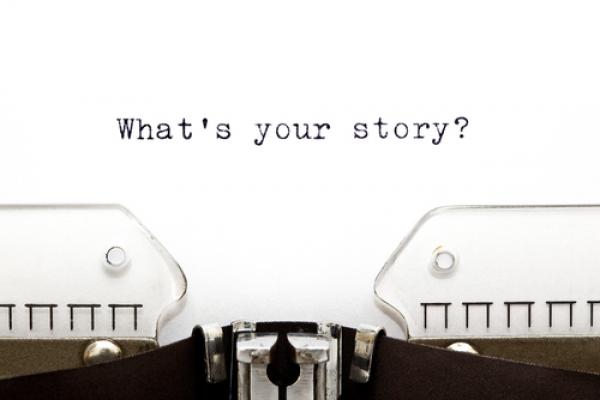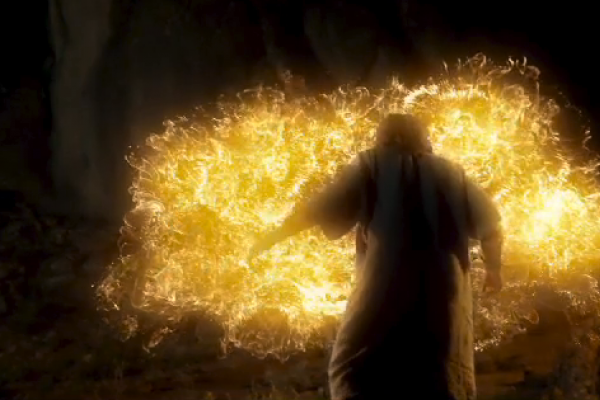Yesterday, President Obama signed a reauthorization of the 2013 VAWA act. The Senate passed the bill on Feb. 12 and, the House passed the Senate bill on Feb. 28.
This week's viral video is a must-see. The six-minute "Wealth Inequality in America," released Friday, presents the shocking, true size of the wealth gap in the country.
In a series of animated infographics, the video lends a visual punch to numbers that are hard to wrap one’s head around. The top 1 percent of Americans hold 50 percent of all investments in stocks and bonds, for example – while 80 percent of Americans share a paltry 7 percent of the nation’s wealth.
Charles Carpenter
George Murray
Nolan Harmon
Paul Hardin
Joseph Durick
Earl Stallings
Edward Ramage
Milton Grafman
In towns all across America, streets are not named after them. School children do not learn about them. No one waits in line to see the homes where they were born. They are ... simply forgotten.
They weren’t necessarily bad men. They weren’t unimportant men. They were men of influence, men with a voice and the respect of their community. Most would have agreed; they were good men, according to one, “men of genuine good will.” While evil men are remembered and great men are enshrined, these men … just forgotten.
They are forgotten for being on the wrong side of history. Men forgotten for being silent when “a word fitly spoken” could have made a difference. Men who are forgotten for valuing comfort and stability over justice and compassion. Forgotten because they were unwilling to call out the status quo, and show it for it was … cruel and unjust.
These are the eight men on the other side of Martin Luther King’s “Letter from a Birmingham Jail.” The recipients. Eight well educated white pastors, priests, and rabbis who by God’s providence led reputable congregations in Birmingham, Ala., in 1963.
Sen. Rand Paul took the floor of the U.S. Senate Wednesday morning and announced that he was filibustering the nomination of John Brennan as CIA Director. As he began, reported The Washington Post, he said:
“I will speak until I can no longer speak. I will speak as long as it takes, until the alarm is sounded from coast to coast that our Constitution is important, that your rights to trial by jury are precious, that no American should be killed by a drone on American soil without first being charged with a crime, without first being found to be guilty by a court.”
Twelve hours and 52 minutes later, Paul yielded the floor and the Senate adjourned.
 A few weeks back at the Justice Conference we had the chance to sit down with Jeremy Courtney, cofounder of the Preemptive Love Coalition, to tell the story of his amazing work in Iraq providing heart surgery for children.
A few weeks back at the Justice Conference we had the chance to sit down with Jeremy Courtney, cofounder of the Preemptive Love Coalition, to tell the story of his amazing work in Iraq providing heart surgery for children.
Special thanks to Matthew Willingham and everyone at the Preemptive Love Coalition for providing us with footage from Iraq to tell their story.
The video below is a first in our new series Sojo Stories, where we sit down with individuals to hear their stories about using their talents for the common good.
I walked down the newly plowed row with my grandpa, feeling the warm, red clay on the soles of my bare feet and listening to his stories and words of advice. I held a tomato plant in my hands, the rich, black potting soil falling off of the small, vulnerable roots, as he knelt and dug a place for it in the garden. “Hey,” he’d often start, “here's something my daddy told me when I was little. ‘God gave you two ears and one mouth because He wants you to listen twice as much as you speak. If you do that, you'll learn something. If you don't, you won't.’”
The memory of walking with my grandpa in his garden came back to me after I read about The Faith and Politics Institute's Civil Rights Pilgrimage in which more than 250 people (including 30 members of Congress) took a three-day tour of civil rights landmarks from Tuscaloosa to Birmingham to Montgomery to Selma. The participants in the pilgrimage got to hear the stories of the struggle for justice from the people who were in those places 50 years ago. I especially remember grandpa’s stories about his childhood on the family dairy farm in Greenville, S.C. in the 1920s. I liked to hear stories about the black folks who came and worked with him and his family. I heard hard work in his voice and saw struggle in his face when he talked about those times.
The day after the Washington Post announced it was moving its top environmental reporter off the green beat to cover politics at the White House, this op-ed went up toeing an uncomfortably familiar line: by speaking out against the Keystone XL pipeline, environmentalists are “missing the climate-endangered forest for the trees.”
Leaving aside for a moment the uncomfortable irony of being reprimanded for missing the big fight by an outlet that is reshuffling focus on that very front: the editorial board, respectfully, is wrong. Not that it doesn’t have a point, but that point is concrete and incremental – and misses the entire meaning of the forest of protests over the last 18 months.
The Bible. Just the phrase sends messages, signals, and feelings to our hearts and minds, and around the world. It’s the best-selling book in human history, and one that the majority of humanity (including me), believes to have been inspired by God, with myriad interpretations of what that means.
I grew up on Bible stories, some of the best stories in human and divine history. We learned them as kids, were amazed at the images and lessons, and they were ingrained into our thinking and acting. So I watched with great delight as my sons, Luke and Jack, saw the first episode of “The Bible,” a History Channel special series that began this past Sunday and runs the five weeks through Easter. Film and television personalities Mark Burnett and Roma Downey are behind this, with a legion of others. They expect it to eventually be seen by 1 billion people.
The first Sunday show was a very dramatic depiction of the creation story, Noah’s Ark, Abraham’s call to come out to a new land, the birth of Ishmael and Isaac, the almost sacrifice of Isaac, Hebrew slavery in Egypt, Moses' call at the burning bush, and the Exodus through the Red Sea — all in two hours! I loved watching my 9-year-old Jack watch the stories with such excitement. “I know this story!” he would say and tell us what was about to happen. “I don’t know this one,” he would then comment, and we would discuss it. We had a conversation about the scary sacrifice of Isaac before bedtime, trying to figure that one out. I told him I couldn’t have been as obedient as Abraham was.




